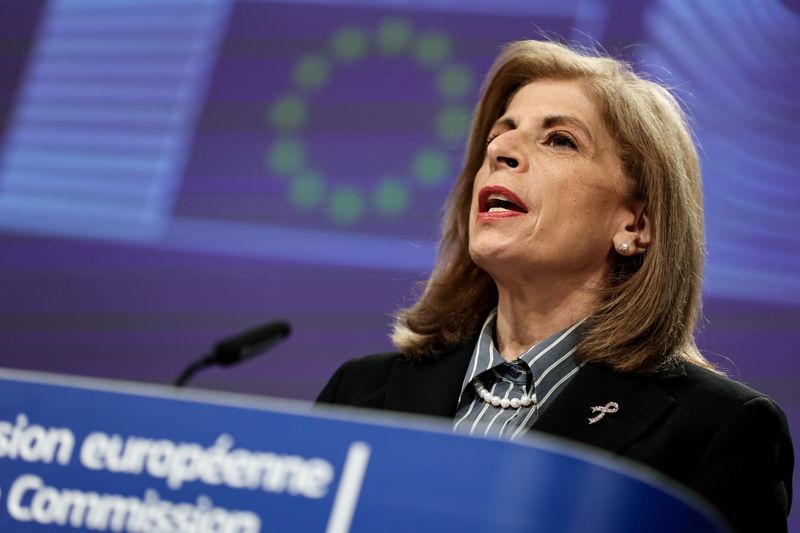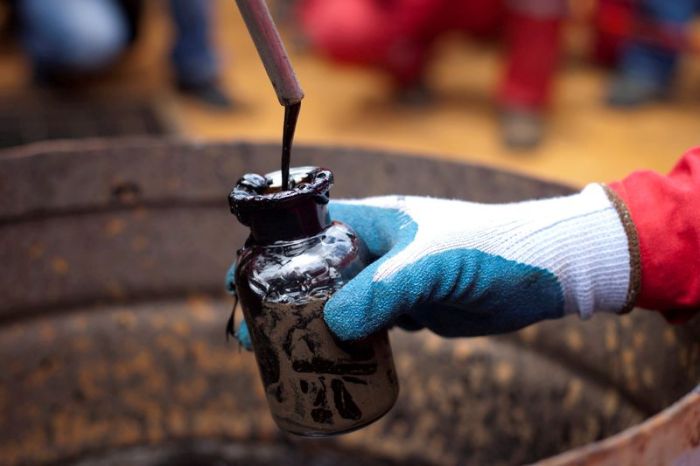BRUSSELS (Reuters) – European Union states should aim to vaccinate at least 70% of their adult populations against COVID-19 by the summer, the European Commission recommended on Tuesday.
Each of the EU’s 27 governments are managing their own vaccination campaigns, including their pace and which groups get priority. The Commission’s recommendations are not binding.
The 70% goal could mean inoculating over 200 million people, most likely with vaccines which need two doses per person. The EU has so far given a first dose to about 5 million people since it started its rollout at the end of December, the Commission said.
To meet its ambitious goal, the EU executive said it will work to boost the production capacity of vaccine makers with measures that could include investment in plants and faster regulatory procedures to authorise them.
As a mid-term target, by March at least 80% of people over the age of 80, and 80% of healthcare workers should also be vaccinated in each EU state, the Commission said.
The EU has ordered nearly 2.3 billion doses of approved and candidate COVID-19 vaccines, but only the shots developed by Moderna and Pfizer-BioNTech have so far received regulatory clearance in the bloc. They both need two doses to provide full protection.
The EU has secured 600 million doses of the vaccine developed by Pfizer and its German partner BioNTech and, despite early snags in deliveries, expects them to be delivered by the end of this year.
Moderna said it expects to deliver at least 80 million doses to the EU by the third quarter. Decisions on EU approvals of the vaccines developed by AstraZeneca and Johnson & Johnson are expected in coming weeks.
The Commission is also urging EU states to boost their capacity to sequence the coronavirus in order to detect new variants.
It called on EU governments to sequence at least 5% of all positive tests whereas at the moment many states test less than 1% of samples.
“Vaccinations will still take time until they reach all Europeans,” EU health commissioner Stella Kyriakides said, adding that meanwhile testing and sequencing must be increased.
The Commission also said it was working with EU states to adopt a common approach by the end of the month on vaccination certificates to facilitate travel.
(Reporting by Francesco Guarascio @fraguarascio; editing by Philip Blenkinsop, John Stonestreet, Philippa Fletcher, Alexandra Hudson)

























